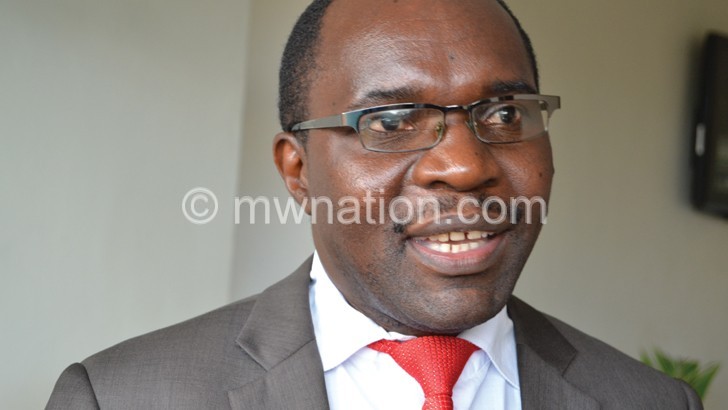Economy in bad shape—survey
Despite some indicators such as inflation rate being on the downward spiral, majority of Malawians feel the national economy and their living conditions are in a bad shape, an Afrobarometer survey has established.
In the survey, whose results were presented in Blantyre yesterday, most of the respondents also said they expect things to get worse on the economic front.
A special module on national economy in Afrobarometer’s Round 7 survey released yesterday showed government got a fail grade on its management of key issues with regard to policy reforms.

According to the survey, 79 percent of Malawians oppose allowing universities to raise fees on their own but there were mixed views on scrapping the Farm Input Subsidy Programme (Fisp) with 54 percent saying Fisp has failed to help poor Malawians and should be scrapped and 43 percent disagreeing.
In its key findings, Afrobarometer—a pan-African non-partisan survey research that conducts public attitude surveys on democracy, governance the economy, civil society and other issues—said: “A large majority of Malawians say the country is in a bad condition [86 percent], is worse off than it was 12 months ago [76 percent], and is likely to remain in worse shape in 12 months’ time [69 percent].”
The survey also found that three-quarters (77 percent) of Malawians describe their personal living conditions as “bad” or “very bad” with an “overwhelming” majority of Malawians saying that the government is handling key economic issues badly.
However, government received kudos in the area of maintaining roads and bridges where 51 percent approve of government’s performance.
During the survey, the Afrobarometer team, led by the Centre for Social Research at Chancellor College, a constituent college of the University of Malawi (Unima), interviewed 1 200 adult Malawians in December last year and January this year.
Issues on the economic front where government scored poorly include keeping prices stable (90 percent), narrowing income gaps (86 percent), managing the economy (84 percent), creating jobs (81 percent), ensuring there is enough to eat (80 percent) and improving living standards of the poor (77 percent).
In his comment, Malawi Economic Justice Network (Mejn) executive director Dalitso Kubalasa said the findings provide quality data that can be used by various economic players in the country as they reflect on the reality on the ground.
He said: “As a Malawian myself, I cannot agree more with the findings. If you look at things you will really get a picture that Malawians are sincere with what they are saying.”
People’s Party (PP) spokesperson on finance in Parliament Ralph Jooma, who was present at the research dissemination, said the economy is indeed not doing well and it will indeed not do well in the closest time possible. He added that the managers of the economy [government] are not doing well too.
But commenting on the findings in a telephone interview, Minister of Information and Communications Technology Nicholas Dausi, who is also government’s official spokesperson, said the results were surprising because the economy has far much improved and it is on the right track.
He said even the World Bank and the International Monetary Fund (IMF) confirmed the progress in economic management.
In its Malawi Economic Monitor paper titled Harnessing the Urban Economy, the World Bank noted that the two years of drought have exacerbated pressures on an already weak economy. n





